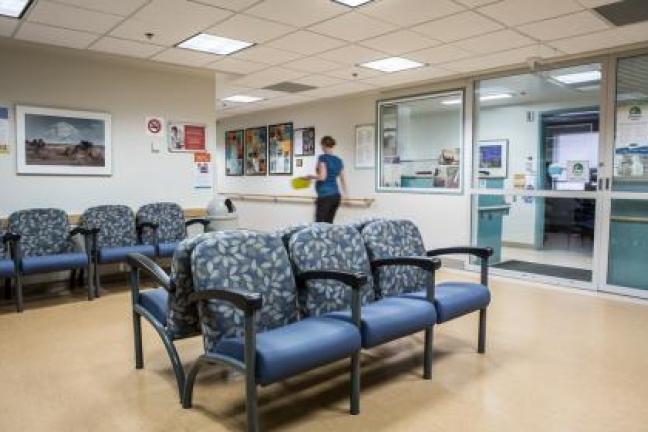The Specialist Clinic at Whitehorse General Hospital is home to a variety of visiting physicians who provide specialized consultative medical and surgical expertise and act as a resource for local physicians. To see a specialist, all patients require a referral from their family doctor.
Learn more about each specialist area below..
